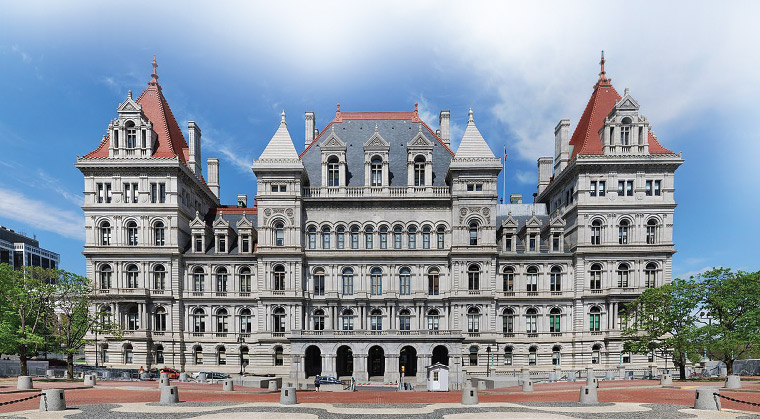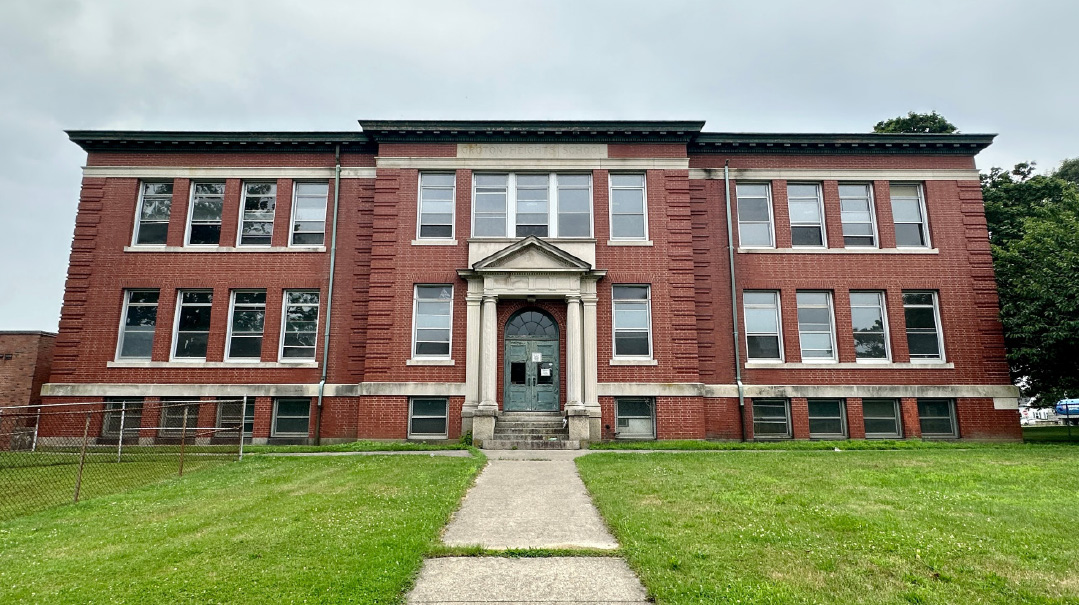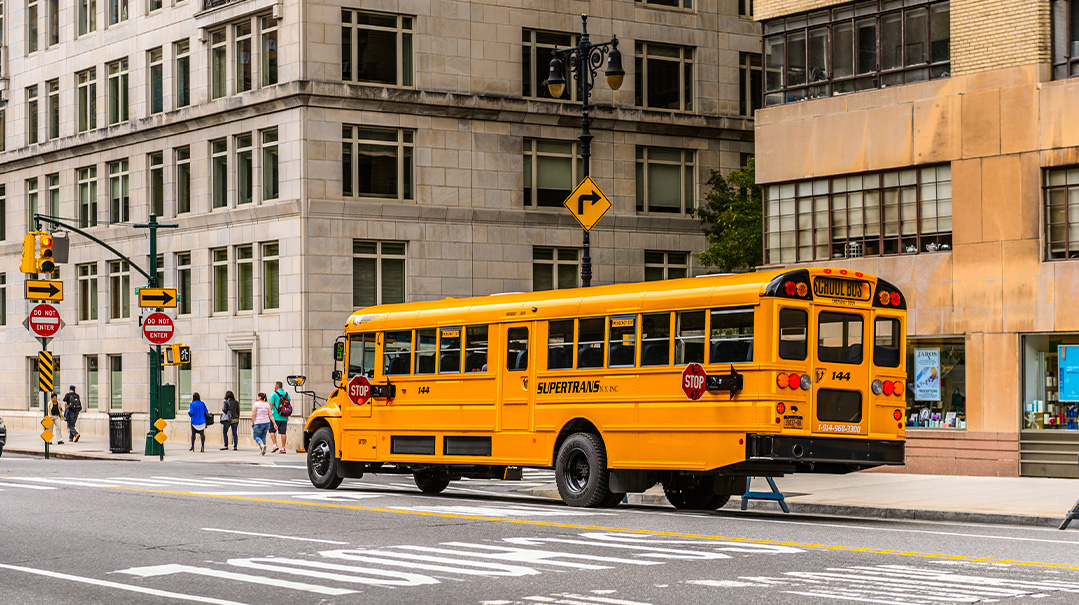Advocating for Yeshivos in Albany


It’s no secret that high tuitions are a real challenge for parents of yeshivah students, but most people see no way of solving this decades-long problem.
Enter the Orthodox Union, which in 2013 decided to tackle the problem. The organization created Teach NYS, an advocacy group that works to influence government policy for tuition affordability in New York State. With the help of a network of grassroots activists, community leaders, and lawmakers, Teach NYS works to secure additional state funding, increase school safety, and improve the quality of education via new programs and services.
The organization’s work got a boost recently when Rabbi Yosef Kanofsky, director of government programs for Teach NYS, was named to the New York State Education Department’s CAP and Mandated Services Working Group, an appointment that will help yeshivos identify further state sources of funding.
“While it’s true that there are certain programs that exist and everyone knows about them,” Rabbi Kanofsky says, “there are also plenty of opportunities to find new money in existing programs or sometimes to develop new programs.”
The Mandates Services program covers the costs of a variety of government mandated school functions, including attendance reporting, maintaining immunization records, and testing and scoring students on core subjects. The Comprehensive Attendance Program (CAP) is one of those mandated services, and requires schools statewide to take attendance multiple times during the day and follow up on students’ poor attendance patterns. These programs reimburse private schools for the time and effort needed by school staff to successfully perform these services.
Rabbi Kanofsky says he will continue to spend his time advocating and assisting schools in New York State as part of Teach NYS. At the same time, his appointment is an indication that lawmakers in the state capital of Albany want to make sure that the needs of the non-public school system are being addressed.
It’s not unlike a person who files tax returns every year and takes the standard deductions, Rabbi Kanofsky says. “If a professional accountant reviewed those returns, he would find greater possibilities for deductions. And that translates into money saved.”
Jake Adler, political director at Teach NYS, says he spends about half a year in Albany, lobbying political leaders on behalf of the yeshivah system. “We approach the issue just as any major industry would,” he says. “We hire lobbyists who work on our behalf. We meet with lawmakers, sometimes 20 or 30 in a day. We try to hustle up there.”
In today’s political climate, are his efforts well received? “It’s interesting,” Adler says, “that everyone thinks Albany hates yeshivos. I have a very different viewpoint. After being up there for the last five sessions, I find there’s a stronger respect and willingness to help yeshivos and non-public schools as a whole than there’s ever been.”
In 2018, adds Rabbi Kanofsky, New York State budgeted over $111 million for various programs that aid yeshivos and other private schools. “[State funding has] the largest effect on the bottom line for yeshivos.”
In his Teach NYS job, Rabbi Kanofsky says he works primarily with individual schools, encouraging them to take advantage of every government dollar and service. These programs have been around for 20 years, he says, but Teach NYS has just recently amended the claims of over 20 schools to maximize their reimbursements for a total of over $3 million.
Sometimes, he says, schools need to be encouraged to take advantage of these programs. “Occasionally, the school administration is overwhelmed by the paperwork involved. We try to make them understand that this is a real opportunity. Many times it’s just a matter of finding the right point person and training them.” Other times, he says, they help the schools fill out grant applications.
In 2017, the New York State legislature passed the STEM Reimbursement program for non-public schools. This legislation helps secure funding for teachers who teach STEM (science, technology, engineering, and math) subjects.
“It’s the first time,” says Adler, “that the state is helping to pay for math and science teachers in yeshivos.”
The state also enacted an anti-hate crimes security program that allocates $25 million to non-public schools statewide.
“We saw in that program a very large opportunity,” says Rabbi Kanofsky. “We did a lot of ground work and [studied the subject well],” even hiring security experts to write state grants.
In the end, says Rabbi Kanofsky, Teach NYS assisted 30 schools in applying for the security program.
Teach NYS is part of the Teach Advocacy Network, which services yeshivos and private schools in New Jersey, Florida, California, Pennsylvania, Maryland, and New York, representing about 90% of the yeshivah community.
“What’s unique about us,” he says, “is that we try to take the best elements of the business world and combine that with the passion of the nonprofit world.”
That means a focused and single-minded approach to getting things done by individuals who are enthusiastic and dedicated to their mission.
(Originally featured in Mishpacha, Issue 725)
Oops! We could not locate your form.













